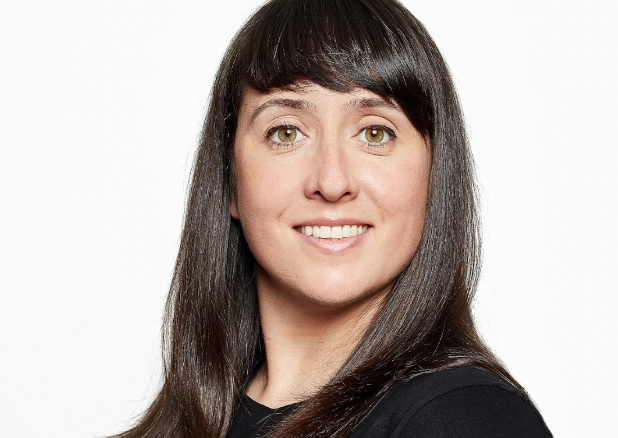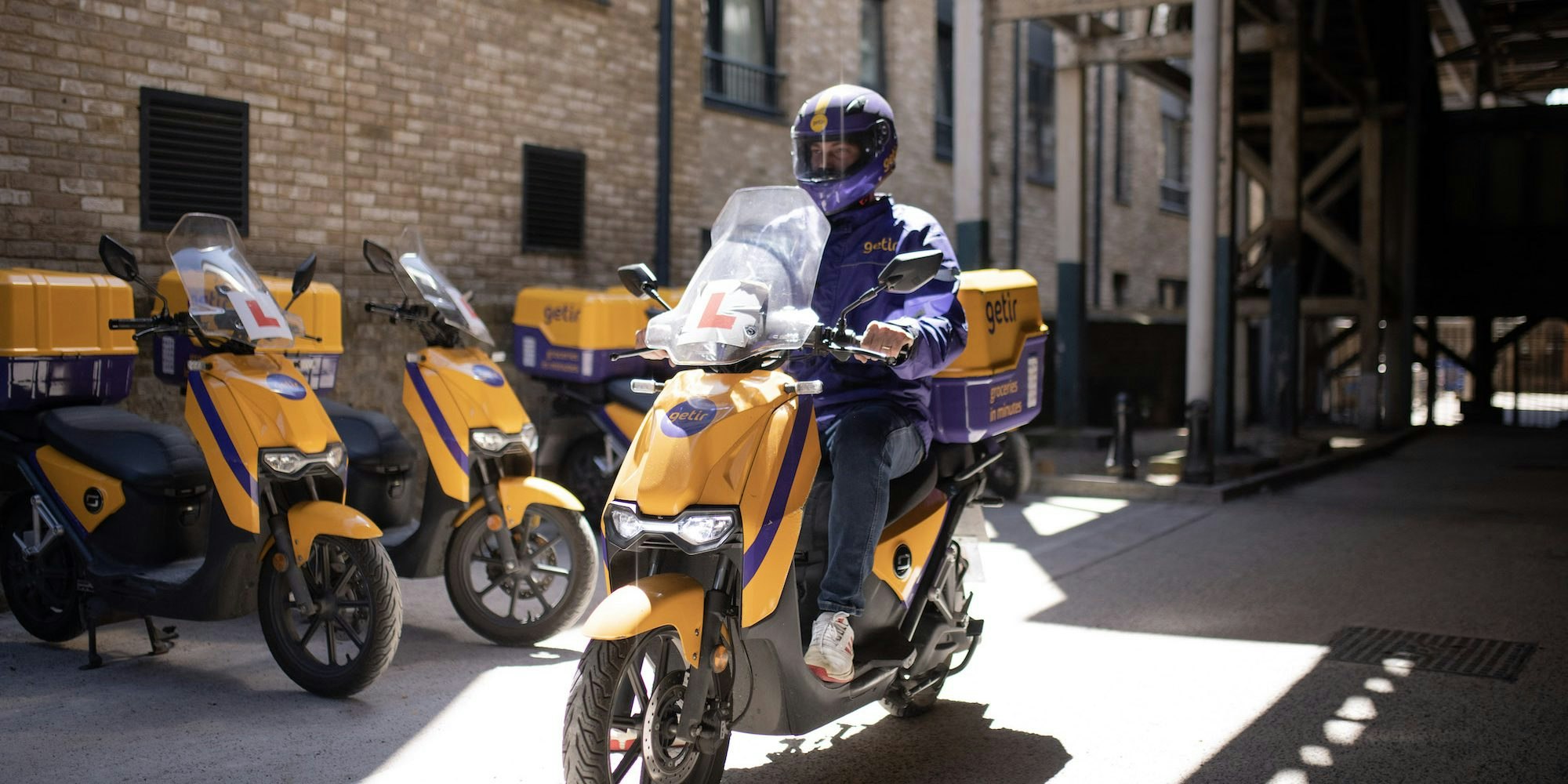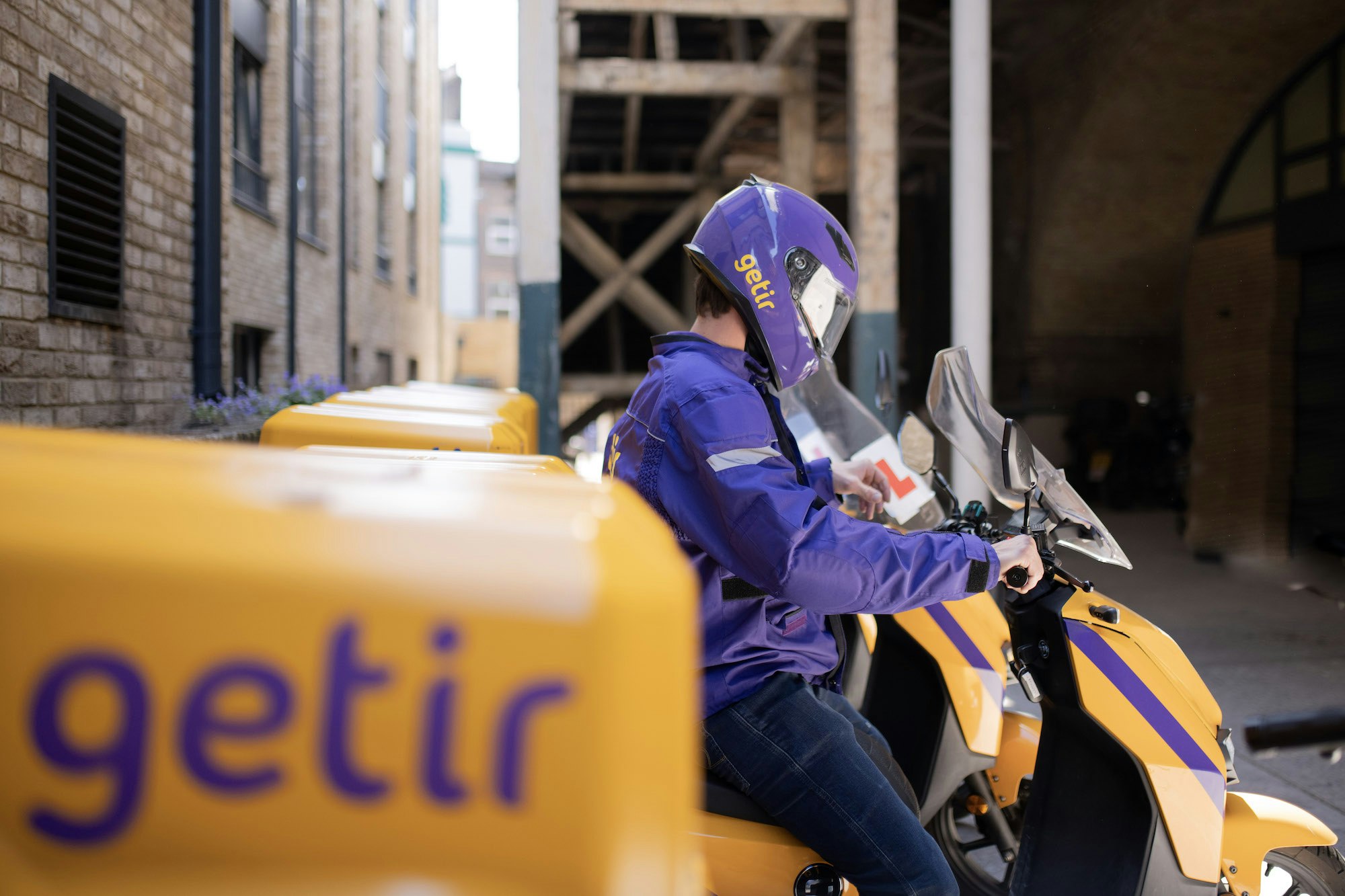The Enhanced Games — an Olympic-style competition where athletes can take performance-enhancing drugs — is today announcing a “single-digit million-dollar” raise ahead of a planned first event in the summer of 2025.
“We’re reinventing the Olympic Games for the 21st century,” says London-based founder Aron D’Souza (a lawyer who represented wrestler Hulk Hogan in his Peter Thiel-funded privacy case that bankrupted Gawker Media in 2016).
Thiel’s now teaming up with the lawyer-cum-founder once again as an investor in The Enhanced Games. Christian Angermayer — who joins the company as a cofounder — also contributed to the round through his family office Apeiron Investment Group, with Balaji Srinivasan, former CTO of crypto exchange Coinbase, also participating.
The seed round comes six months after the company announced its plans to a chorus of criticism from national athletics bodies, anti-doping agencies and a number of athletes. Opponents have called it a “danger to health”, “a clown show” and “a joke”.
D’Souza calls it a “real, honest and open celebration of scientific innovation”.
“44% [of athletes] admit to using banned performance-enhancing substances,” he tells Sifted. “Instead of lying, let's do this all out in the open.”
The first pro-doping sporting event
The Enhanced Games will be the “first sporting event in the world without drug testing”, says D’Souza.
While the skateboarding, BMX, motocross, skiing-focused event the X Games has also never carried out drugs tests, the Enhanced Games will be the world’s first actively pro-performance enhancement sporting event, raising some big ethical and safeguarding questions.
At the Enhanced Games, the “couple of hundred” competitors will be able to take any performance-enhancing substances they like — from anabolic steroids to growth hormones and testosterone replacement therapy.
The event’s website praises the “brave athletes” involved in doping scandals, criticising the Olympic ban on performance enhancements as “stifling scientific innovation” and calls the growing rates of steroid use among bodybuilders a “movement”.
The risks of taking anabolic steroids include infertility, erectile dysfunction, hair loss and severe acne, according to the NHS.
But D’Souza believes that performance-enhancing drugs can be taken safely. The 200 or so athletes will have clinical supervision, full health insurance and undergo a “full system health check” before competing.
What that check actually involves is less clear right now. The risk of not being able to compete if an athlete is not medically sound would stand as a deterrent to taking dangerous amounts of performance enhancements, Angermayer says.
But the same is true for the nearly half of elite athletes who say they dope currently — and it hasn’t deterred them.
“There’s always risks with any pharmaceutical,” D’Souza tells Sifted. “But those risks are magnified 1,000x when [performance enhancements] are self-administered.”
The black market
But while the Enhanced Games “encourages all athletes to use clinical supervision” when taking performance enhancements, there’s no requirement to seek it out for the tens of thousands of athletes he expects to apply for qualifying for the games.
With many athletes currently ordering performance-enhancing drugs on the black market — according to D’Souza — it seems likely that many hopeful Enhanced Games competitors may well be self-administering.
Using growth hormones “for a condition that isn't approved, such as building muscle or as an anti-aging treatment in older adults, is illegal” in the US, according to the Mayo Clinic.
In the UK alone, it is estimated by the UK Anti-Doping Agency (UKAD) that a million people take steroids, in what it calls a “serious public health issue”.
“Many things like anabolic steroids, testosterone, EPO [Erythropoietin — which increases the body’s red blood cells] can be legally prescribed and delivered under clinical supervision,” says D’Souza.
But would a doctor prescribe anabolic steroids for enhancing performance? “It’s a very active market [in the US],” he tells Sifted. The Enhanced Games won’t be distributing performance-enhancing drugs to the athletes, D’Souza adds.
An Olympic Games for the “era of TikTok”
D’Souza wants to create an Olympic Games for the “era of short attention spans and the TikTok generation”.
“The Olympic Games are this ancient model reinvented by a colonialist aristocrat in 1896 for the Victorian world,” he tells Sifted. “We need to design a Games for social media and broadcast television.”
That means dispensing with the events people “aren’t interested in”, like badminton, curling and long distance running. Team sports, which require more competitors and more “complex” logistics, are also out.
Instead, the Enhanced Games will focus on a limited number of single-person events in the areas of track and field, swimming, gymnastics, combat and weightlifting.
“Our core focus is breaking world records,” says D’Souza. “We only want athletes who have the potential to break world records in sports that actually matter. And so by having a much narrower set [of events], we can deliver much more cost effectively.”
Cost efficiency is a key consideration for the Enhanced Games, which will be held annually in the US, at the same venues each year — D’Souza says he’s currently in negotiations with potential stadiums. Alongside the US, he hopes to run qualifiers in places like the UK, Australia and India.
“The problem with the Olympics is that they need to build all this crazy huge infrastructure — stadiums that they throw away after two weeks and cost billions of dollars,” D’Souza tells Sifted.
D’Souza says that the Enhanced Games can be put on for “low double-digit millions”, rather than the billions countries currently spend hosting the Olympics.
Money, money, money
Unlike the Olympics, which only pays medalling athletes, Enhanced Games competitors will be paid a base rate for competing, with bonuses for winning events and setting world records.
“We anticipate there'll be multi-million-dollar prize pools for breaking world records,” says D’Souza. “We have to create real incentives for athletes to jump ship from this very established prestigious system.”
If an athlete could break the nine second 100m sprint, there would be a possibility of tens of millions in bonuses, says D’Souza — which will be funded through prize indemnity insurance.
The size of prize pots for different events comes down to “social media and television impact”, says D’Souza — meaning the amount of publicity it brings to the Games. The 100m race event would likely be more popular than weightlifting, and the prize money would reflect that, he adds.
Alongside the recent round, Angermayer says the Enhanced Games will look to raise another $10-20m before it puts on the first event in 2025 — depending on the sponsorship and broadcasting deals it manages to ink.
While the company hasn’t signed any partnerships yet, energy drinks brands, for example, “love it”, Angermayer adds.
The Enhanced Games will also look to tap pharmaceutical companies for sponsorship, and is in discussions with a number of broadcasters around the world, says D’Souza.
“The civil rights struggle of our generation”
When speaking to D’Souza, there’s a feeling that he’s a man on a war footing.
The exact figure of the seed round is not disclosed because, he says, “one would never want to disclose how large one’s arsenal is when one is at battle”.
That battle is against the International Olympic Committee — the organisation that runs the Olympic games — and the Enhanced Games website is full of anti-Olympic propaganda-style rhetoric.
“We see this as the civil rights struggle of our generation, which is the liberation of science,” he tells Sifted.
The Enhanced Games website has a page on “how to come out as enhanced”, a list of “Enhanced World Records” that have been wiped from the official slate due to doping scandals and a section on inclusive language.
“Steroid abuser” should make way for “enhanced athlete” and “cheating” for “demonstration of science”. There is “no acceptable alternative” to the word “doping”, which “is a colonialist slur that reeks of symbolic and historic violence against both the black and enhanced populations, and needs to be removed from our vocabulary”.
D’Souza, who is gay, has likened the — as he sees it — discrimination that athletes taking performance-enhancing drugs face to being gay “50 years ago”, and the company’s website says it’s been “inspired by the valiant efforts” of the LGBTQIA+ movement.
While D’Souza might be keen to position the Enhanced Games as at the vanguard of a moral crusade, to many it might seem like a stretch to liken the struggles of athletes taking performance-enhancing drugs to those of the Black and LGBTQIA+ communities.
But, whatever you think of his messaging, it can’t be said that D’Souza’s not practising what he preaches.
The founder is currently having conversations with clinicians about taking testosterone replacement therapy and hopes to compete in a “non-marquee” track and field event at the Enhanced Games like the high jump.
The current world record is 2.45m, set by Cuban athlete Javier Sotomayor in 1993. Could performance-enhancing drugs help the 38-year-old D’Souza — who has no previous professional athletics experience — break it? Come the summer of 2025, we might find out.


